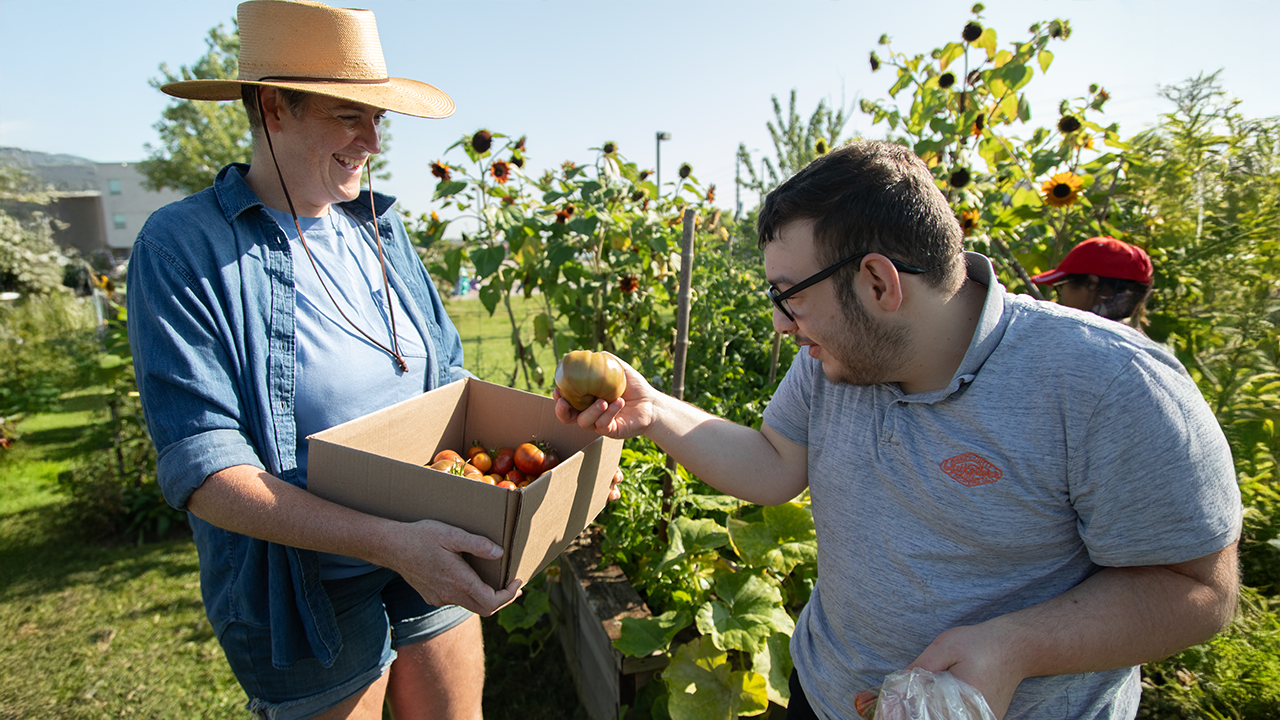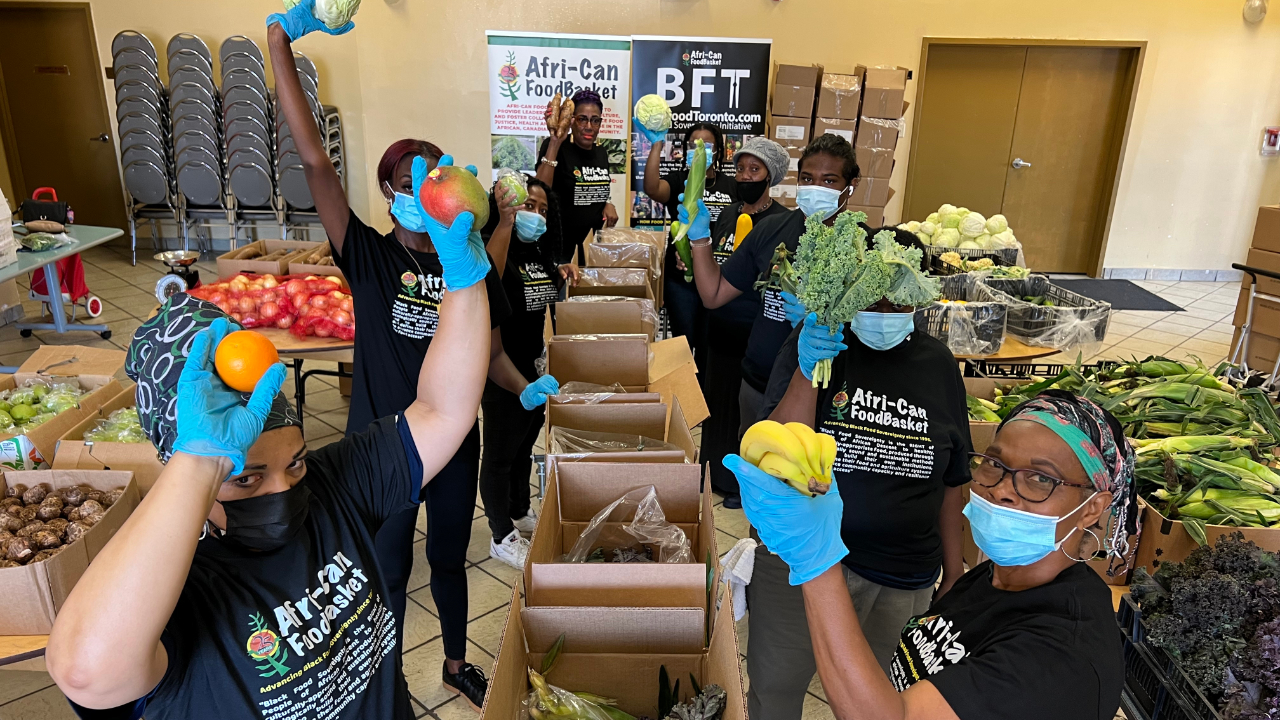
Food banks provide food for all kinds of communities, but with an increased demand, how does United Way Greater Toronto ensure that the food generates a positive feeling?
One important factor is to ensure culturally appropriate food for those in need. For example, if a refugee arrives in Canada without family, friends, or a job, they may have to visit a food bank.
The food commonly found at food banks – peanut butter, tuna, and pasta – are likely unfamiliar to a newcomer to Canada. This can make the new immigrant feel more isolated and depressed.
But, if the newcomer arrives at a food bank where they receive familiar foods, then that immigrant feels more at home. This is one of the considerations when addressing food security.
Food insecurity is defined by many different factors, from skipping meals to having to choose between paying rent or buying groceries. Food costs have become expensive in the past few years, as the cost of food is expected to increase.
A food bank is a non-profit organization collecting safe and nutritious food to redistribute to those in need. Food banks can be found by postal code or catchment area. One easy way is using Feed Ontario’s Find A Bank tool.
Sanga Achakzai, a Manager for UWGT’s Community Investment team, says that food insecurity can be looked at through different angles.
“We at United Way think that immediate relief programs such as food banks, Meals on Wheels, and other such programs, are essential. But food insecurity can be looked at as a systemic issue that needs long-term and sustainable solutions,” said Achakzai.
The kind of food programs UWGT funds include community gardens, where the participants grow the food that they want, and the gardeners and their families then rely on those gardens for their food.
UWGT funds community gardens like Ecosource Mississauga, which grows more than 10,000 pounds of food annually, providing access to fresh, culturally appropriate, and affordable food. The organization donates to food banks and offers space for growing food, as well as growing traditions.
“There are a lot of other programs that we are funding that have food elements, food distribution, and culturally appropriate food,” said Achakzai.
Some of these other elements include food projects focusing on a collaborative nature. One organization helping diverse groups is The Neighbourhood Organization (TNO). Since 1985, TNO has provided the Thorncliffe and Flemingdon Park community with a wide range of community services. Flemingdon Park has a diverse population, with most of its residents being South Asian, West Asian, and Black.
TNO offers the Food Collaborative Project. Originally established as a way for seniors to stay safe during the pandemic, a positive reception led to the collaborative serving the Flemington and Thorncliffe Park communities.
They provide clients access to fresh produce, dairy, eggs, and culturally appropriate foods twice a month.
TNO’s Food Collaborative Project is just one of the organizations that UWGT supports.
With organizations sending proposals to UWGT in relation to their food programs, the UW looks for relevance, collaboration, wrap-around services, and culture.
“We look for programs that have relevant food to appropriate cultures,” explains Achakzai. “We are funding projects that also offer wrap-around services.
Wrap-around services refer to services that focus on an individual’s needs and strengths. Wrap-around services are included in food programs, as many people come to food programs with more than food security issues.

One of these programs is the Afri-Can Food Basket, which created the Black Food Access program. The program was designed to help reduce rising food insecurity in Toronto’s African, Caribbean, and Black communities by providing healthy, culturally responsive food to individuals and families in need.
Through the many programs that United Way supports, the organization is there to help support and fund food programs for the immediate need, be shoulder to shoulder with the community, and advocate for changes in the system that tackle the root causes of food insecurity.

This story was produced as part of a partnership between Centennial College journalism students and United Way Greater Toronto.
